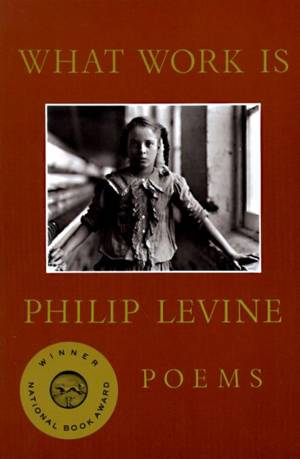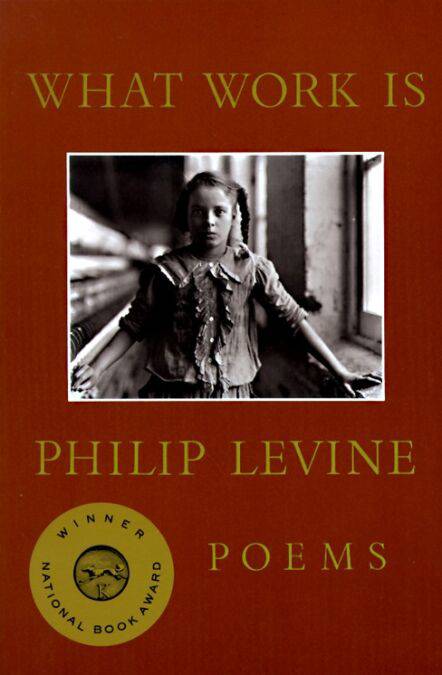
- Afhalen na 1 uur in een winkel met voorraad
- Gratis thuislevering in België vanaf € 30
- Ruim aanbod met 7 miljoen producten
- Afhalen na 1 uur in een winkel met voorraad
- Gratis thuislevering in België vanaf € 30
- Ruim aanbod met 7 miljoen producten
Zoeken
€ 12,71
+ 12 punten
Omschrijving
Winner of the National Book Award in 1991
“This collection amounts to a hymn of praise for all the workers of America. These proletarian heroes, with names like Lonnie, Loo, Sweet Pea, and Packy, work the furnaces, forges, slag heaps, assembly lines, and loading docks at places with unglamorous names like Brass Craft or Feinberg and Breslin’s First-Rate Plumbing and Plating. Only Studs Terkel’s Working approaches the pathos and beauty of this book. But Levine’s characters are also significant for their inner lives, not merely their jobs. They are unusually artistic, living ‘at the borders of dreams.’ One reads The Tempest ‘slowly to himself’; another ponders a diagonal chalk line drawn by his teacher to suggest a triangle, the roof of a barn, or the mysterious separation of ‘the dark from the dark.’ What Work Is ranks as a major work by a major poet . . . very accessible and utterly American in tone and language.”
—Daniel L. Guillory, Library Journal
“This collection amounts to a hymn of praise for all the workers of America. These proletarian heroes, with names like Lonnie, Loo, Sweet Pea, and Packy, work the furnaces, forges, slag heaps, assembly lines, and loading docks at places with unglamorous names like Brass Craft or Feinberg and Breslin’s First-Rate Plumbing and Plating. Only Studs Terkel’s Working approaches the pathos and beauty of this book. But Levine’s characters are also significant for their inner lives, not merely their jobs. They are unusually artistic, living ‘at the borders of dreams.’ One reads The Tempest ‘slowly to himself’; another ponders a diagonal chalk line drawn by his teacher to suggest a triangle, the roof of a barn, or the mysterious separation of ‘the dark from the dark.’ What Work Is ranks as a major work by a major poet . . . very accessible and utterly American in tone and language.”
—Daniel L. Guillory, Library Journal
Specificaties
Betrokkenen
- Auteur(s):
- Uitgeverij:
Inhoud
- Aantal bladzijden:
- 96
- Taal:
- Engels
Eigenschappen
- Productcode (EAN):
- 9780307761958
- Verschijningsdatum:
- 30/08/2011
- Uitvoering:
- E-book
- Beveiligd met:
- Adobe DRM
- Formaat:
- ePub

Alleen bij Standaard Boekhandel
+ 12 punten op je klantenkaart van Standaard Boekhandel
Beoordelingen
We publiceren alleen reviews die voldoen aan de voorwaarden voor reviews. Bekijk onze voorwaarden voor reviews.








